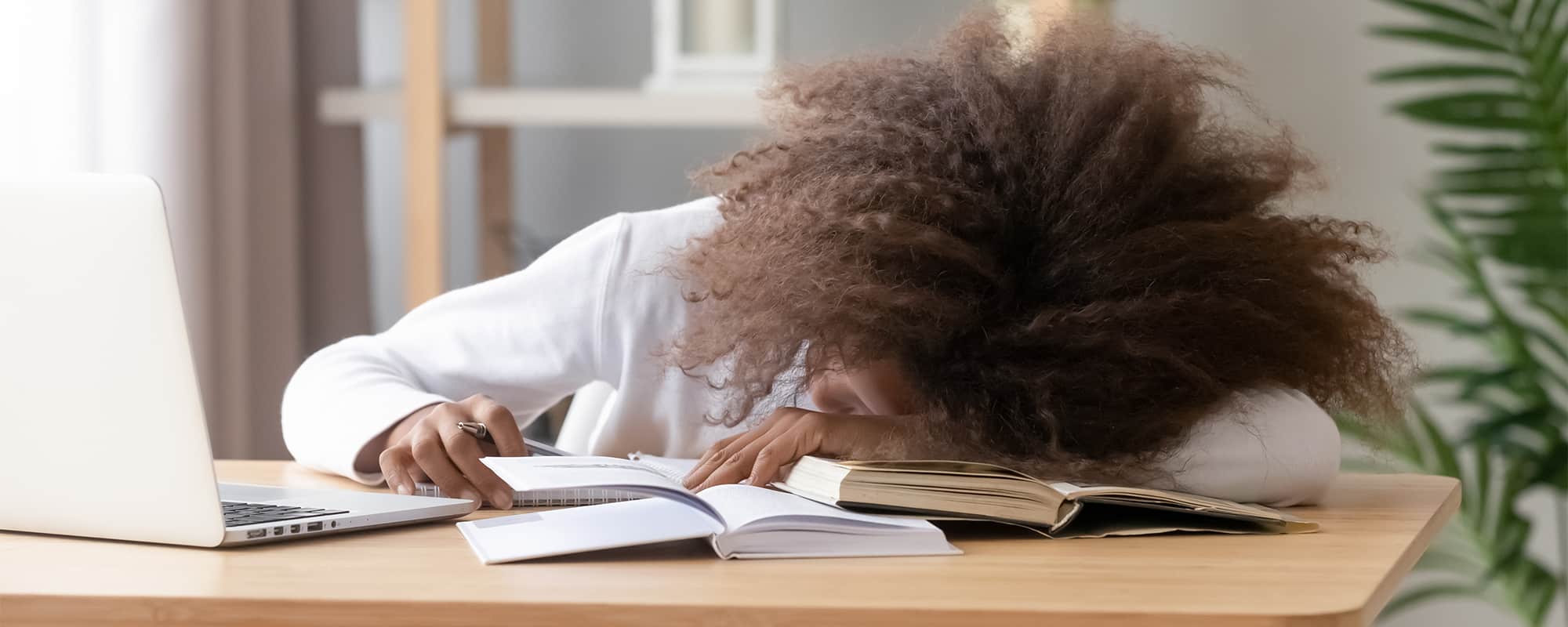As busy adults we know a clear daily routine can reduce stress and improve brain function, but how can we implement routines to benefit young people? Here are some simple ways they can start building positive habits and make the most of their time.
Adopt a Brain-Boosting Breakfast Routine
Don’t ignore the importance of a healthy morning routine and the impact it can have on a child’s capacity to learn. After a night’s sleep, children need to fuel their bodies. As teachers, when we see students looking tired or behaving in an irritable manner, we often check in to see whether they’ve eaten.
More often than not, we find they have skipped breakfast or eaten something on-the-go that is high in sugar.
Creating a breakfast routine has many benefits: Sitting to eat, even for 10 minutes, can instil a sense of calm in the morning, mentally preparing for the day and getting ready to learn.
“Filling their tank” supports their physical and cognitive requirements to begin the day. They will learn about nutrition and to take responsibility for their own eating habits in a positive way.
Create Positive Study Routines
In my role, I often come across high school students who present with stress due to feeling overwhelmed by homework. While in school, the daily timetable provides students with stability and consistency, they know where to go and when and what subject they’ll be studying. This reduces cognitive load as they don’t need to decide what to do next and it allows their brains to be more switched on to learning.
Outside school, it’s a different matter. Without a timetable in place, a student must make decisions around their study – what to prioritise, how long to give to a subject, where to study, how best to study and when to fit in all that other “stuff” that comes with being an adolescent.
Make a Balanced Study Timetable
When planning a study timetable, it’s important to emphasise the need to put in the fun first. This means adding weekly social commitments, team sports or outings with friends, prior to adding study sessions.
This helps students be realistic about what time they can give to homework and assignments and allows them to see that they don’t need to sacrifice things which bring them pleasure.
Other commitments such as a job should also be added. Once the social and work commitments have been entered, the remaining time can be allotted to study sessions. A useful planning technique is to adopt the “Eat the Frog” method, where you do the least favourable thing first.
At times putting something off until the last minute creates a far greater issue (and stress) than it needed to be. It’s also worth taking into consideration planning when to do those tasks which are more challenging, and plan them at times when the brain is most alert.
Remove Distractions
It’s important to acknowledge we are all different and what might be distracting to one person, can help another person focus. I’m someone who can’t work in absolute silence, so I’ll sometimes put the television on for background noise; however, I can’t have it in my line of sight as I find visual stimuli distracting.
Work with your child to identify and eliminate distractions at study times. If smartphones are a distraction, don’t ban them during study but look at whether they can be used responsibly. Silencing notifications and keeping the phone out of reach means they’re less likely to take a quick peek at it.
These devices can be used to help productivity, like setting a timer to help stay on task and schedule breaks. Empower older students to be responsible in their use of technology and discuss with them how it might be a help rather than a hindrance. Good routines promote impulse control and self-regulation – great lifelong skills.
Encourage Breaks
Research has taught us that “brain breaks” are key to reducing stress and increasing productivity. Teachers are integrating these breaks into classrooms and reaping the benefits. It’s important we make breaks a key part of any study routine.
I’m particularly fond of the Pomodoro Technique, a time-management method developed by Francesco Cirillo. It works around the principle that we are most productive when focused on something for 25 minute chunks. After 25 minutes (one Pomodoro – the classic tomato kitchen timer) our concentration can begin to dwindle and a 5 minute break is encouraged to help re-energise and refocus.
Exercise
So, you’re taking breaks, why not make it an exercise break? No matter when or where, exercise should be a part of the daily routine. It’s well-documented that simple exercise stimulates endorphins, the happy hormones which promote positivity, making the brain more alert and receptive to learning, study, memory and even organisation!
Failure is Learning
The last ingredient in supporting children to become independent, resilient and successful learners is to let them fail. Failure is how we recognise what works and what doesn’t. Failure is what leads to success.
It can be tempting to want to rescue your child when they are exhibiting signs of stress around homework or assignments, especially if they’ve left something to the last minute; however, you need to consider what impact your intervention can have on their overall learning.
Before Jumping in, Ask Yourself:
- What’s the worst that will happen if this doesn’t get done?
- What can my child learn from this?
- How can I guide and support my child without doing it for them?
How you respond at these times reinforces to children the consequences of their actions, or inaction. By allowing a young person to fail due to poor time-management, you create the opportunity to educate them on how to better plan their study timetable. Do it for them, and you could begin the start of a routine that will do neither of you any favours.
Although it can be tough to watch a child struggle, they will struggle more as adults if we don’t allow them safe opportunities to make mistakes and take responsibility for their learning. A good way to guide a child is to adopt the role of the supportive coach:
- Ask guiding questions (these are ones which try to illicit deeper thinking)
- Listen to understand
- Give feedback (not answers)
- Talk through possible steps
- Reflect and review





